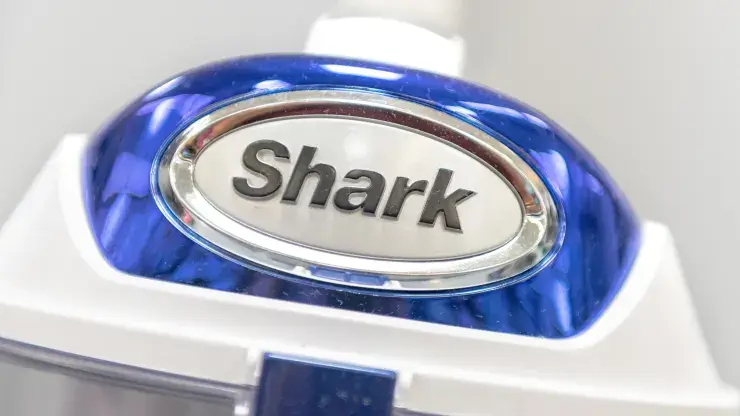In a year marked by a dearth of initial public offerings (IPOs), the home appliance and vacuum cleaner company SharkNinja made its debut on the New York Stock Exchange on a Monday, following its spin-off from Hong Kong’s JS Global Lifestyle. With an opening price just above $30 per share, the stock, trading under the ticker symbol SN, skyrocketed by 40% on its first day. However, the euphoria was short-lived, as SharkNinja’s shares plummeted below their listing price to $26.90 at the close of trading on Friday.
In an interview with CNBC, CEO Mark Barrocas proudly described SharkNinja as a “consumer-solving engine” that excels at tackling problems others cannot. Despite the popularity of its smart vacuums, air fryers, and grills, the lackluster performance of the stock during its first week raised concerns for investors. Notably, the company faces challenges arising from its close ties to China and the mounting geopolitical tensions between the world’s two largest economies. Navigating a strained trade relationship between the US and China comes with exorbitant costs, impacting businesses like SharkNinja.
SharkNinja has already established itself in the US, generating revenue of $3.7 billion last year, roughly flat compared to the prior year but up 35% from 2020. The North American market contributes to 70% of its revenue. The filing also revealed that Shark and Ninja hold significant market shares in the US upright vacuum and electric grill segments, with Shark’s robot vacuum market share witnessing substantial growth from 15% to 25% from 2019 to 2022.
Despite its success, SharkNinja’s story is more complex. As a subsidiary of JS Global, a private equity firm majority-owned by Chinese citizen Xuning Wang in Hong Kong, the company’s financial ties to China remain significant. Since 2020, SharkNinja has paid over $3.3 billion to JS Global subsidiaries for merchandise and goods, predominantly manufactured in China and sold to American consumers. This arrangement will continue even after SharkNinja’s independence, as the company intends to rely on JS Global for certain supply chain services.
The tariff risk looms large as well. Although SharkNinja was granted a tariff exemption for certain goods imported from China to the US, there is no guarantee of future extensions. This uncertainty poses a substantial increase in costs for the company, impacting its competitiveness and financial performance.
Competing with other established brands like Breville and iRobot, SharkNinja has heavily focused on marketing, but it has also encountered issues with US intellectual property rules. In a recent case, the International Trade Commission ruled in favor of iRobot, stating that SharkNinja infringed on one of its patents.
Furthermore, the volatile relations between China and the US create uncertainty about the advantage of maintaining design and technology teams spread across the world, including in China. National security and regulatory concerns add additional risks, with the Senate backing legislation that requires US firms to notify the Treasury when investing in advanced Chinese technology, and President Joe Biden expected to restrict US investment in high-end Chinese tech.
SharkNinja’s reception by public investors might be indicative of the current state of the tech capital markets, which have virtually frozen, particularly in the tech sector. The market hasn’t seen a notable venture-backed deal since HashiCorp near the end of 2021. In the first half of 2023, only 63 companies had US IPOs, a sharp decline compared to the 416 companies that went public in the full year of 2021.
SharkNinja’s IPO showcased its potential as a consumer-solving engine with popular products, but the company faces considerable challenges tied to its relationship with China, geopolitical tensions, tariff risks, intellectual property disputes, and regulatory concerns. Investors are keenly aware of these issues, leading to a cautious outlook for the company’s stock performance in the uncertain landscape of international trade and the tech capital market.





